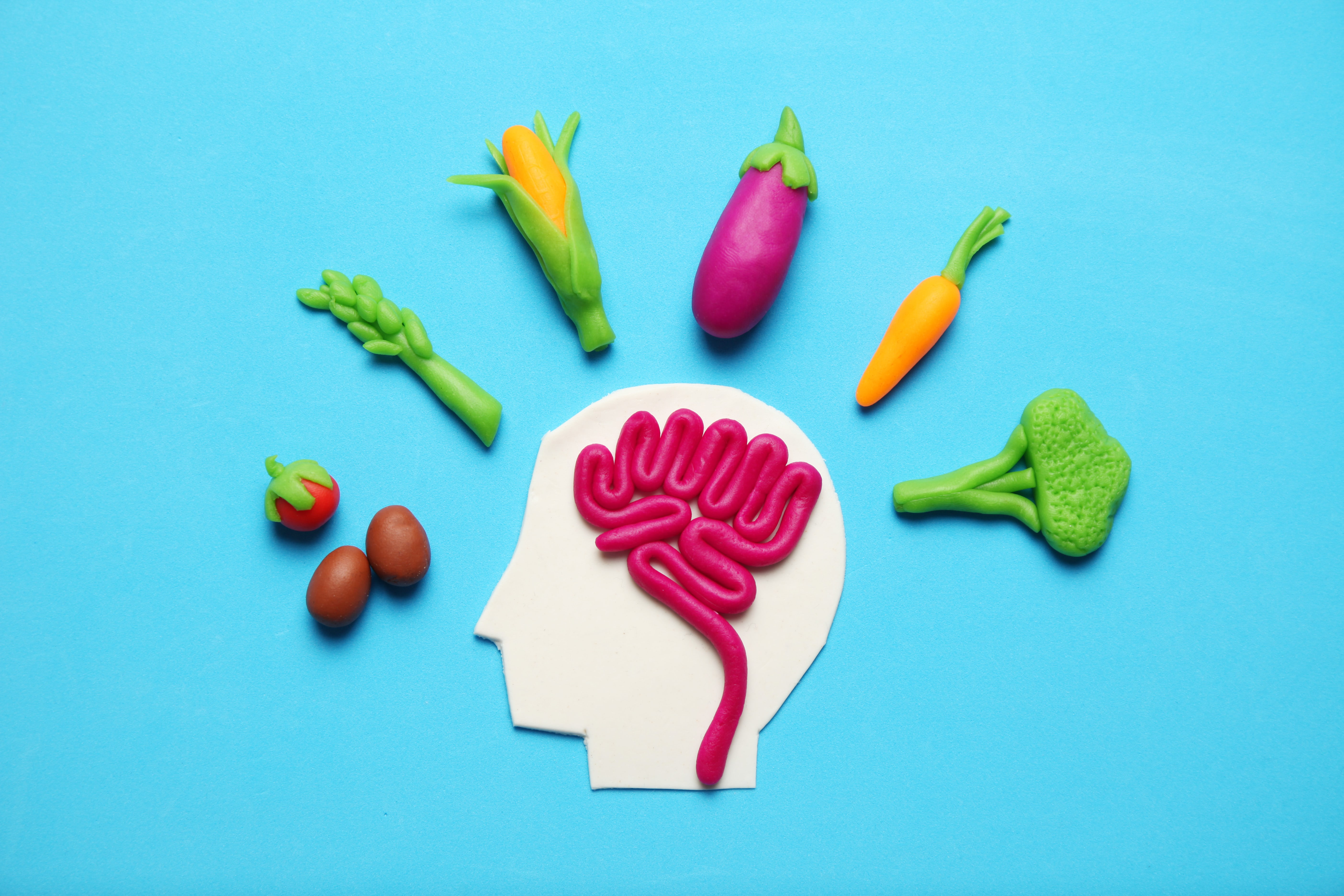Reignite Your Mind with Food and Exercise

Is it possible to eat and exercise your way to better brainpower? Research suggests that yes, we can influence how our minds function through our lifestyle choices.
The power of nutrition
Health experts often talk about the link between nutrition and well-being, but you don’t need a doctorate to know that food can affect your energy, mood and behaviour. You are what you eat, as the saying goes, and that applies to the brain as well as the body.
What might be news to you, however, is that certain foods can actually protect the brain. That’s the subject of Brain Food: The Surprising Science of Eating for Cognitive Power, a book published in 2018 by Dr. Lisa Mosconi, Associate Director of the Alzheimer’s Prevention Clinic at Weill Cornell Medical College in New York City. Research by Dr. Mosconi and other scientists has found that we can nourish our brains and reduce our risk of dementia by eating certain foods and avoiding others:
- Choose: fruit (especially berries), vegetables (especially dark, leafy greens), legumes, fatty fish (salmon, trout, sardines, mackerel), nuts, seeds, whole grains, olive oil, flaxseed, water
- Avoid: refined sugar (including sugary drinks) and fatty, fried, deep-fried and processed foods (high in sodium, sugars and saturated fat), alcohol
Is it worth the effort to change your diet? An analogy by Dr. Eva Selhub, a contributor to Harvard Health Blog, may help convince you: she likens the brain to an expensive car, and high-quality foods (rich in vitamins, minerals and antioxidants) are the equivalent of premium fuel. If you gas up your car with lower-quality fuel (refined and processed foods), you risk poor performance and damage over time (inflammation, oxidative stress and worsening of mood disorder symptoms).
Also noteworthy is that Health Canada recently updated Canada’s Food Guide, and its recommendations reflect current research: have plenty of vegetables and fruits; choose whole grain foods; limit foods high in sodium, sugars or saturated fat; make water your drink of choice; and more. The guide also places less emphasis on meat and dairy than previous versions; it now recommends that Canadians “eat protein foods,” including eggs, tofu and beans. Follow these guidelines most of the time, and you’ll likely notice a gradual change in how you think and feel.
Exercise for brain health
Exercise strengthens our muscles, and you probably know that it also reduces our risk of diabetes, heart disease and other health problems. Now there’s growing evidence that exercise is also highly beneficial for our minds.
Regular exercise can improve our cognitive health. Aerobic or cardio exercise (such as cycling, running or swimming) increases the amount of blood and oxygen that reach the brain, which helps the brain stay healthier, grow new blood vessels and synapses, and even increase in volume. Aerobic exercise also enlarges the hippocampus, the part of the brain that helps with learning and verbal memory, according to a study at the University of British Columbia.
Another study, released in 2018, found that aerobic exercise improved cognitive skills in older adults who already had cognitive impairment (problems with thinking, memory and decision-making), which is linked to dementia – and the biggest improvements were seen in those who also followed a diet that promoted healthy blood pressure. Exercising can also improve sleep quality, improve our mood and relieve stress, which contribute to better cognition and overall well-being.
How much exercise should you aim? The Canadian Physical Activity Guidelines recommend that adults (age 18 to 64) and older adults (age 65 and up) “should accumulate at least 150 minutes of moderate- to vigorous-intensity aerobic physical activity per week, in bouts of 10 minutes or more.” Consult your physician before beginning any new exercise routine. Start slowly, and gradually increase the time and intensity of your workouts.
Bayshore Home Health’s personal care services include preparation of hot and nutritious meals, assistance with grocery shopping and light clean-up. Contact us at 1-877-289-3997 for more information.
